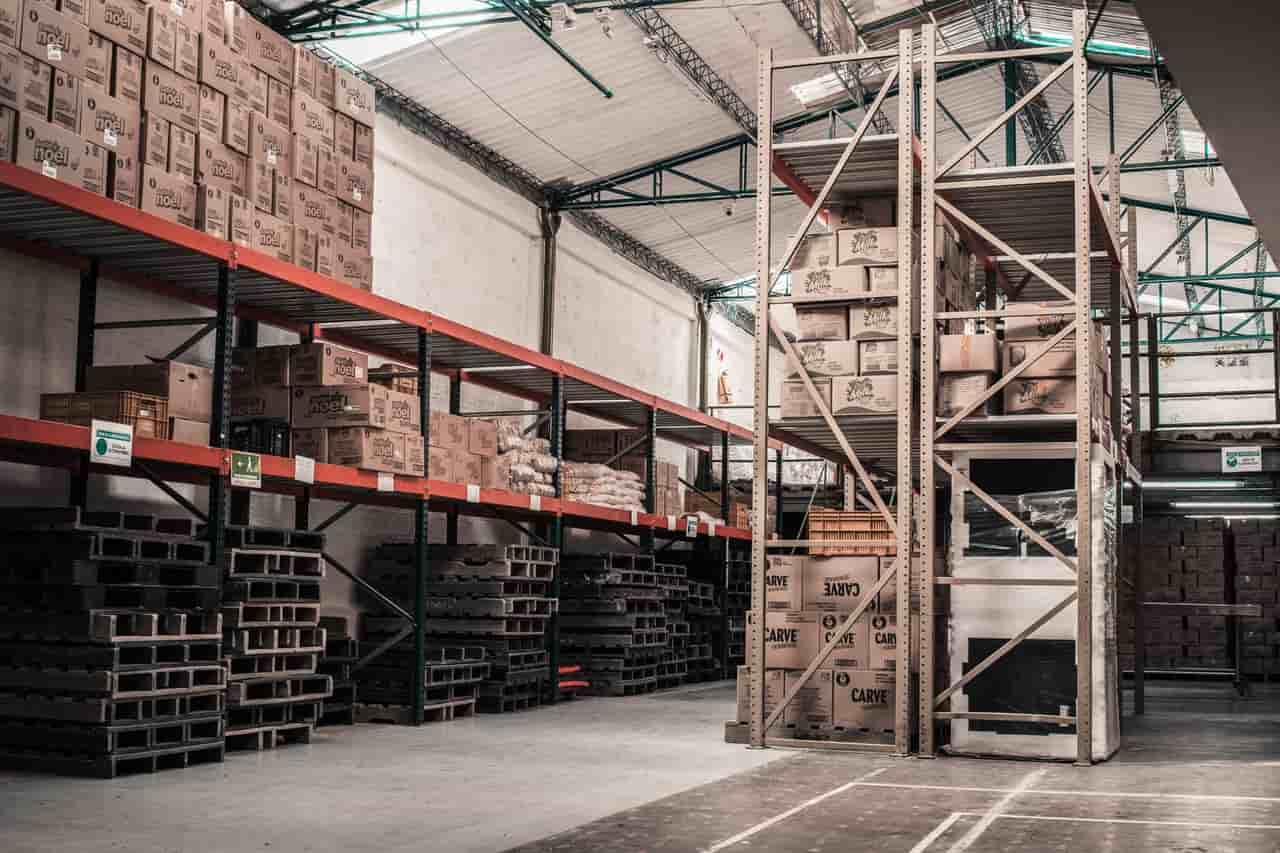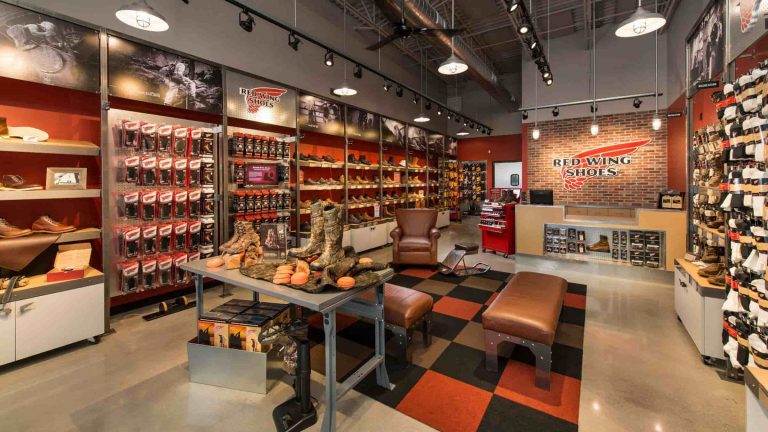The Future of Warehouse Automation
Most modern sales and trends within established warehouse operations incorporate both conveyors and automated sortation. Organizations integrate automatic warehouse technology investment as an alternative to manual warehouse operations. Warehouse automatic subsystems are critical in lowering costs and improving scalability. Established warehouses adopt emerging technologies to provide inventory distribution.
The warehousing industry may sometimes experience scarcity in labor. Shortage of staff may proportionally affect the operational challenges and customer demands. Automated warehouse systems keep orders flowing as it eliminates overnight shifts and extra hour work by existing staff. Manual strenuous and repetitive work in warehouses may trigger injury to muscles, joints, and nerves. Warehouse managers protect workers by integrating automated warehouse solutions such as robotic hardware, automated guided vehicles, order picking systems, and retrieval systems.
Automated systems and conveyors run significantly to complete orders accurately efficiently. The automated system solutions encompass sophisticated software to ease order flooding, especially during peak periods. Warehouse systems enhance the movement of goods stored from trays and totes through high-speed system work.
Pros of Warehouse Automation
- Throughput optimization: Automated systems are streamlined to enhance the fast delivery of products to the client, thus promoting customer loyalty.
- Lack of human error: With a specialized warehouse system, it is easier to pinpoint errors and correct them whenever they occur.
- Lowers risk of injuries: Automated systems don’t incur frequent problems as humans are affected by environmental hurdles.
- Cost reduction: Automation decreases the need for manual labor and increases flexibility in operation, thus saving on budgets. Though the upfront cost of acquiring warehouse automation systems is expensive, warehouse companies can see the rewards in the long run.
- Improved accuracy: Optimized warehouse operations significantly ensure strong long-term relationships. In the context of the flow of goods, automation activities promote easy picking, packing, and labeling products.
Conclusion
Warehouse automation systems perform inventory control management as they provide exact quantity and specific tray location of products in the warehouse.







